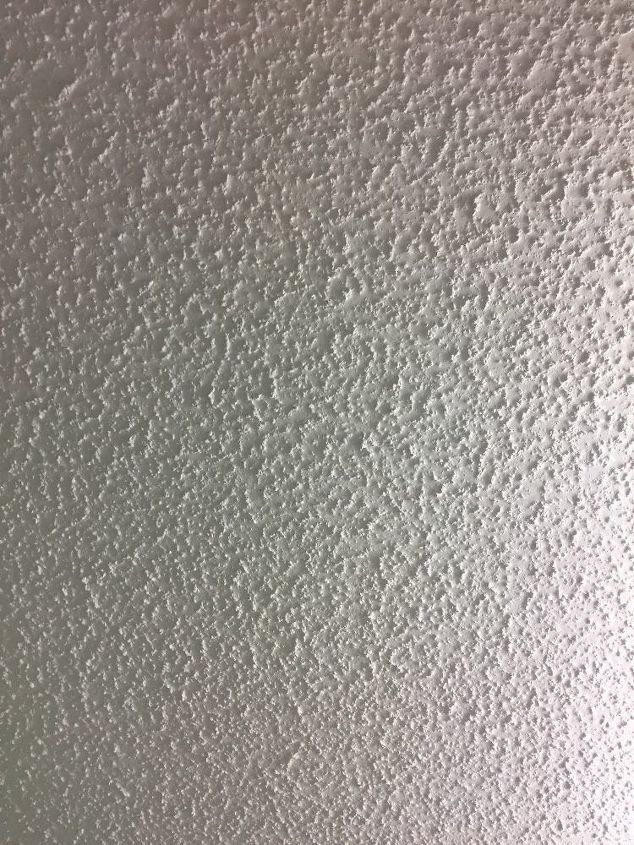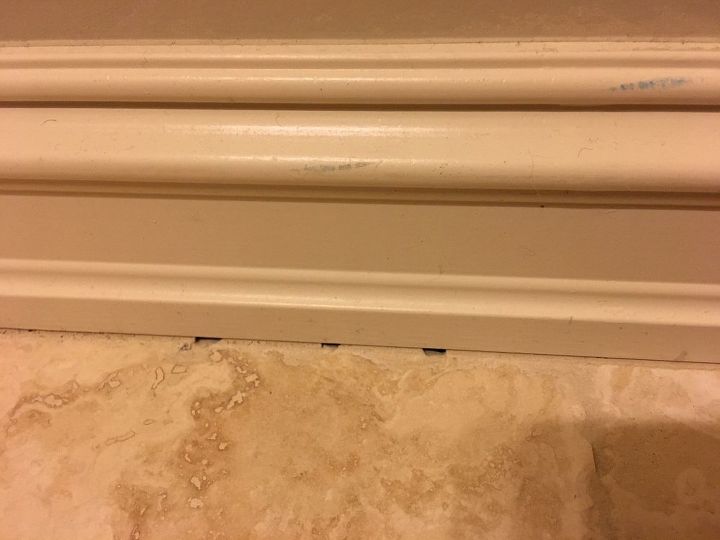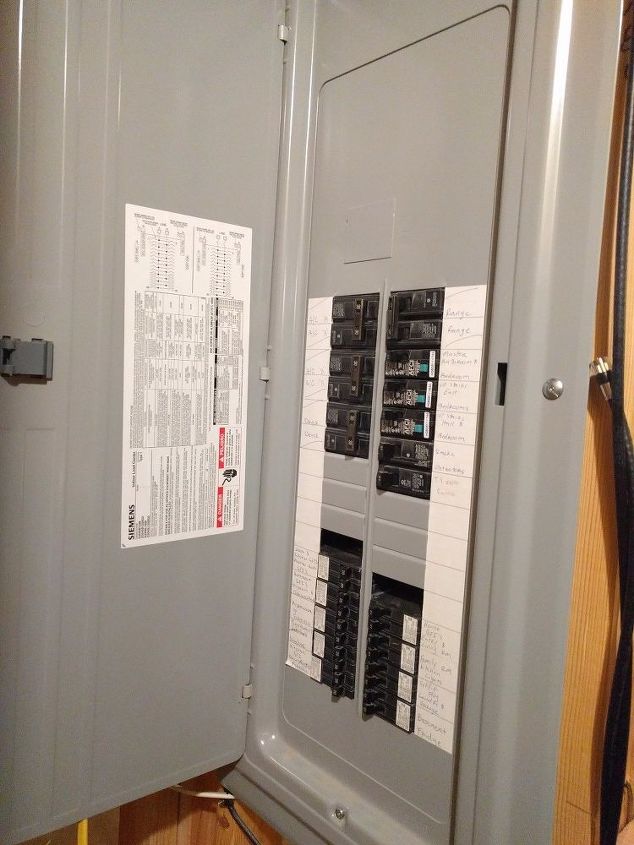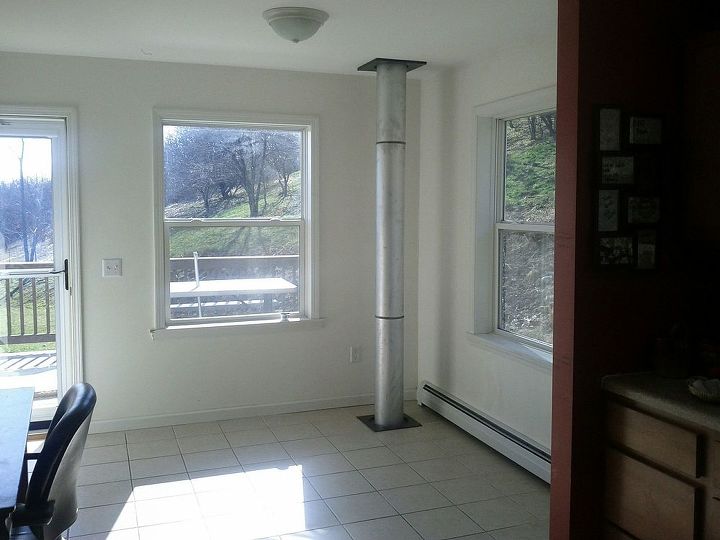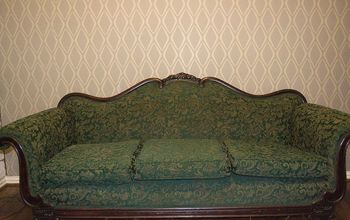Electric hot water heater ??? Saving or not ?? Bad or Good ???

-
I know that electric water heaters cost more to run than gas water heaters. I would think you would have a problem taking showers in the morning without HOT water. Natural Gas is always less expensive.
 AmericanWoman
on Mar 12, 2014
Helpful Reply
AmericanWoman
on Mar 12, 2014
Helpful Reply -
-
thanks but we live in the stix no natural gas but i would rather not change it either thanks
 Trent-Tonya Sharp
on Mar 12, 2014
Helpful Reply
Trent-Tonya Sharp
on Mar 12, 2014
Helpful Reply -
-
If you want to save, you can buy a timer and set it for the times you will be needing it, but you must remember that it'll need to be set long enough ahead so the water will be hot when you need it. Water heater should be as close as possible (for where you need the water) so the hot water doesn't take as long to get to its destination. We bought a small water heater (6 gal.) and put it in the basement, directly under our bathroom sink so we'd have hot water right away when we need to wash our hands in there. They also come smaller than 6 gal.
 Gladys
on Mar 12, 2014
Helpful Reply
Gladys
on Mar 12, 2014
Helpful Reply -
-
goggled the timers thanks....but still would like to know does just turning it off save more ?? we only use ours maybe 2 hrs out of the 24 hrs it is on..
 Trent-Tonya Sharp
on Mar 12, 2014
Helpful Reply
Trent-Tonya Sharp
on Mar 12, 2014
Helpful Reply -
-
Sure, it will save you more if you only use it 2 hours out of 24, just make sure you set the timer to come on early enough for it to warm the water for when you need it. When you have it on all of the time, it is keeping the water warm/hot the entire time, so it should save you a good bit. If it's a new heater it will be more economical than an old one too. Be sure to think of all times that you use hot water, showers, cooking, doing dishes, laundry. You could Google "Electric Water Heater Efficiency" or something like that to see if it says how much electricity they use, for the size tank you have. Hope this helps more.
 Gladys
on Mar 12, 2014
Helpful Reply
Gladys
on Mar 12, 2014
Helpful Reply -
-
A electrical hot water heater maintains its heat differently then a gas unit, The gas unit has a probe located on the bottom of the heater that senses when the temp of the water starts getting cold. With a electrical unit, there are typically two heaters one about middle and one further down. As water is drawn out of the heater it gets colder at the top and cools down from the top to the bottom. This allows the heater element to sense the cooler temp and turn on that element to help keep the water hotter longer because of the slow recovery rate of electrical units. Because there are the two elements, a slight temp drop due to the natural cooling process of the water the elements come on and off often both during the day and night regardless if your using the heater or not. The elevated cost associated with this event can raise the electrical bill quite high, Depending upon your electrical service provider you will find a few rates that they charge for the electrical use in the home. One rate is during peak demand periods and one for low demand times. Normally the rate is higher in the am to late afternoon. This is due to people getting up in morning turning on lights, and all sorts of other electrical appliances. This of course the time many take showers. All this use causes a demand on the electrical grid which results in higher costs that are passed onto you from the electrical provider. So yes, installing a timer on the unit is suggested. Check with the local utility for ones that they recommend that will benefit your home and lower your utility costs. Some timers are "smart" and learn your habits and automatically turn off the heater during times when its not typically used. Many of them have an override button that turns on the heater lets say if you get home really late at night and need to use the shower and do not want to run out of hot water. These timers basically stop the short cycling of the heater that turns on and off many times per hour. Its the short cycling of the heater that costs. As the surge when it turns on during peak demands spins the electrical meter faster then if it simply comes on and stays on for longer periods of time. A great investment for electrical heaters is a insulation blanket, Unlike the safety issue associated with gas units and the possibility of a fire should the insulation fall over the gas flame access door, The heat saved will pay for the blanket in short order. Another way to save money on the heater is to assure that you have anti-siphon valves installed on the top. These typically blue and pink fittings prevent convection currents from the hot water leaving the heater cooling and then dropping back into it lowering the temp of the water and turning the heater back on again. These should be installed on both electrical and gas units.
 Woodbridge Environmental Tiptophouse.com
on Mar 13, 2014
Helpful Reply
Woodbridge Environmental Tiptophouse.com
on Mar 13, 2014
Helpful Reply -
-
When my heater went (I have LP), I reasearched and bought a tankless heater, thus eliminating the added cost of keeping water hot that you aren't using. Sooooo worth the effort, just a small box on the wall and endless hot water on demand. Something to think about when the heater goes.
 Alice S
on Mar 13, 2014
Helpful Reply
Alice S
on Mar 13, 2014
Helpful Reply -
-
The issue here Alice is that many people do not have LP or natural gas units. And electrical on demand heaters are expensive and very expensive to run. The amount of electrical power needed to get the water hot as fast as these units do, drive the cost of operation way beyond the cost of a standing tank model. It does however give you almost endless hot water but at a much greater cost then the gas versions of the unit. In any case your correct on the efficiency of the tankless on demand units. They do save a lot of money by only heating what is going to the faucet.
 Woodbridge Environmental Tiptophouse.com
on Mar 13, 2014
Helpful Reply
Woodbridge Environmental Tiptophouse.com
on Mar 13, 2014
Helpful Reply -
-
We had an electric water heater at camp and turned it on for only one hour each night. We had plenty of hot water for showers every morning and dishes, etc. Saved us a lot of money. I then did the same thing with my mother,s heater in her senior apartment.
 Constance
on Mar 14, 2014
Helpful Reply
Constance
on Mar 14, 2014
Helpful Reply -
-
+In theory electric water heaters have a thermostat which is supposed to shut it off when the water gets to the preset temperature- also there should be a safety valve which will release water if the temperature gets near the boiling point. the usual temperature for thermostats to shut off is 80 degrees centigrade- so you can leave the boiler on all the time except when going away for afew days(or more)
 Louis Lieberman
on Mar 14, 2014
Helpful Reply
Louis Lieberman
on Mar 14, 2014
Helpful Reply -
-
Everyone has give me a lot of information thanks to each of you
 Trent-Tonya Sharp
on Mar 14, 2014
Helpful Reply
Trent-Tonya Sharp
on Mar 14, 2014
Helpful Reply -
-
My suggestion would be to install an electric tank with internal heat exchanger. Rheem solaraide HE tanks). You can install one or two solar thermal evacuated tube collectors. This will preheat water. So you would not pay much to heat water. Secondly if you are living in the "sticks" you may consider heating the home with available hot water either by installing radiant floor heating (expensive) of fluid to air heat exchanger.(cheap). We have done the first one in our home. We hardly pay 25% of the amount paid for by an average home owner for a very large home. We did most of the installations ourselves and saved a bunch of money. Besides, you get tax credit from both federal and possibly state governments to offset the upfront cost. Some of the utility companies also pay to install such devices.
 Southeast Solar Co
on Mar 17, 2014
Helpful Reply
Southeast Solar Co
on Mar 17, 2014
Helpful Reply -
-
have you thot of getting a sun-powered solar heater with an elec, element for rainy/cloudy days.u only need 2 hrs, of sun to warm the water up to 80% celcus.
 Louis Lieberman
on Mar 18, 2014
Helpful Reply
Louis Lieberman
on Mar 18, 2014
Helpful Reply -
Related Discussions
How to get rid of mice?
We seem to have some unwelcome Mickeys and Minnies in our house. What is the best way to get rid of them?
How to remove popcorn ceiling with asbestos?
I want to remove my popcorn ceiling, but it has asbestos in it. How do I go about this safely?
How to caulk baseboard gaps?
How do I fill gaps at baseboard, should I caulk? If so, does anyone know how to caulk baseboards?
How to fix squeaky hardwood floors?
How do I fix squeaky hardwood floors?
How do I kill the power from my main breaker?
I have a home built in 2006, the main panel does not seem to have a main breaker...? See attached pic of the main panel. It's a Siemens G3040 200 amp panel. Outs... See more
Any Ideas for this corner with the wood stove pipe?
I am unclear as to what to do with this part of my house, "The Breakfast Nook".

